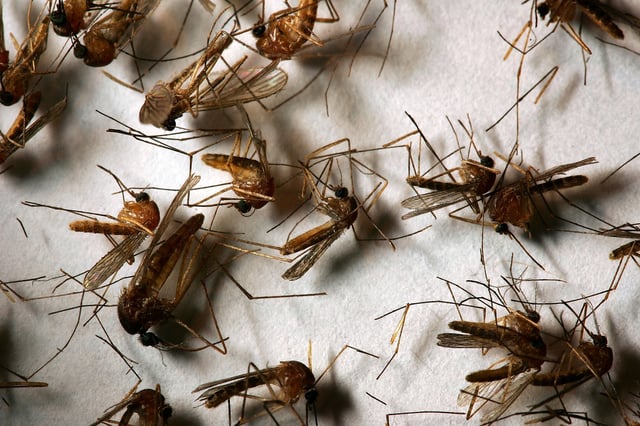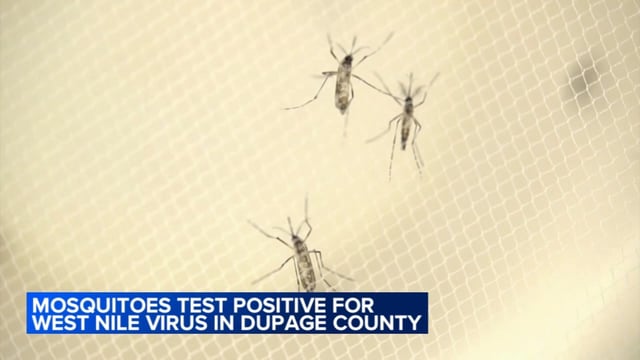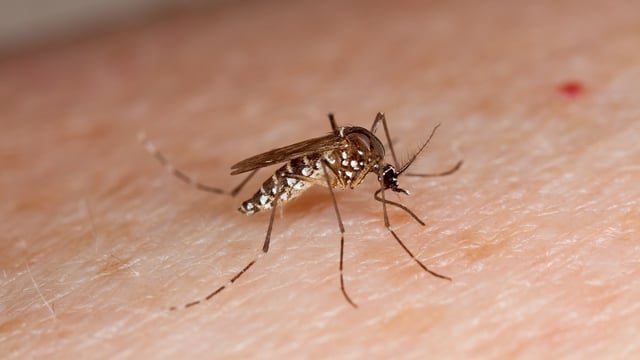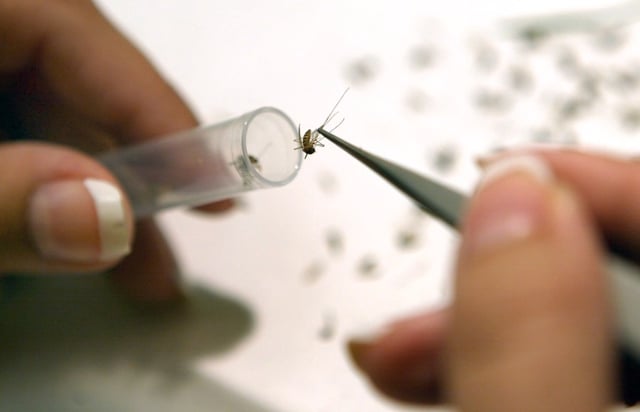Overview
- Health officials confirmed a mosquito batch from Lake in the Hills tested positive for West Nile Virus on June 2, marking McHenry County’s first 2025 detection
- DuPage County reported WNV-positive mosquito pools collected May 27 in Roselle, Medinah, Clarendon Hills and Burr Ridge
- No human cases of West Nile Virus have been reported in Illinois so far in 2025, according to state health data
- Illinois’ mosquito season runs from May through October and transmission risk persists until the first hard frost
- Health departments are urging residents to use EPA-registered insect repellents, eliminate standing water, wear protective clothing and maintain tight-fitting screens



